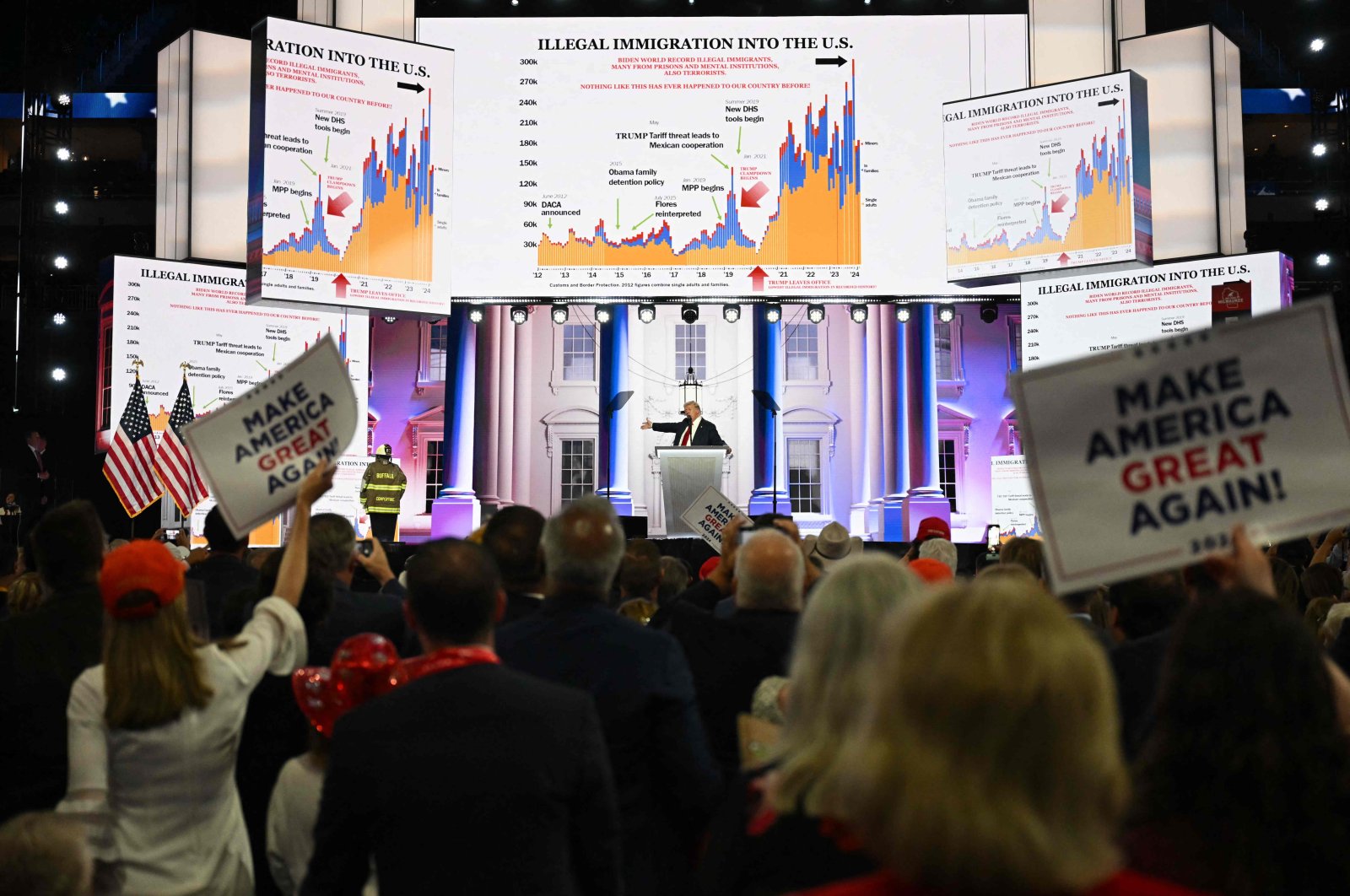
Anti-immigration sentiment shapes political landscapes by manipulating refugee issues, creating social polarization and deepening political divides
In Western democracies, election campaigns in recent years have been almost entirely defined by anti-immigration and anti-immigrant sentiments. Over the years, xenophobia and Islamophobia, along with anti-refugee sentiment, have been instrumentalized to create a societal base. Consequently, in a climate of action and reaction, politics have become polarized around this issue, deepening divisions.
Initially, radical thematic parties that centered on anti-immigrant rhetoric engaged in political struggles with mainstream politics. By securitizing immigrants, they achieved political outcomes. Following this, they pulled mainstream politics toward their discourse, elevating the politics of migration and its determinative role in election results. Success in one country created a domino effect, leading other countries to copy this approach, resulting in mainstream politics succumbing to this issue.
This year, the most significant agenda in the election campaigns of the European Parliament, France and the U.K. was refugees. It was once again evident that the influence of anti-foreign and anti-immigrant sentiment on election results is increasing.
In the ongoing U.S. election campaign, one of the most critical issues is anti-immigration and anti-refugee sentiment. Trump, by labeling illegal immigrants as "not human, but animals” indicates that this issue will be his priority if elected.
In anti-immigration politics, immigrants are framed as a "threat" through manipulative and exaggerated interpretations beyond their reality, exacerbating the fears of sensitive societal segments. In a climate of increasing social polarization driven by oppositional stances, rational and humane policies that could be discussed and resolved are not being produced. A similar process has been attempted in Türkiye in recent years.
Opposition and fears directed at asylum-seekers were initially fueled and grown through manipulative disinformation. Subsequently, the anti-immigration politics observed in Europe were transferred here. When anti-asylum sentiment, which had long been the main agenda of former Chairperson Kemal Kılıçdaroğlu’s Republican People's Party (CHP), found a base through all kinds of manipulations and fabricated fake content, the establishment of a new party (Victory Party) that engages in thematic politics solely on this issue was not delayed.
Recently, it has been observed, as in the incidents in Türkiye's Kayseri in recent weeks, that asylum-seekers can easily become targets. Any development directly or indirectly related to refugees can be diverted and manipulated into a security issue.
Regardless of the reality on the ground, perceptions override facts. A farmer employing all refugee workers, or a contractor stating that construction activities would halt without refugees, is not very concerned with the reality of the issue. When their employed refugees become targets, they could easily build their public discourse on enmity without speaking out.
When all Arab tourists staying in hotels, shopping at stores and generating tourism revenue are coded as refugees, the businesspeople involved in this matter can contribute to xenophobia by remaining silent.
Even though a mayor has access to data detailing the number of refugees in their city, they can still manipulate the numbers and easily make refugees a target, neglecting their responsibility.
Opposition party leaders who think they can gain political advantages by shifting responsibility to the government instead of offering humane and rational solutions to the problem do not see the drift toward anti-immigrant sentiment and populist rhetoric as an issue.
We have a four-year period without elections ahead of us. As election years approach, resolving issues that affect the results becomes more difficult. Therefore, one of the most important agendas in politics should be seeking solutions to the refugee issue. This issue should be discussed and addressed on a humane and rational basis, considering various solutions.
When you talk about politics rather than solutions, the reality on the ground becomes secondary. The reality on the ground should be addressed with a multilayered perspective, including numbers, economic aspects, scientific data, the limitations of return possibilities, and short-, medium- and long-term impact analyses. The solution should be built on this reality. This four-year period without elections should be seen as an opportunity to address this issue.
